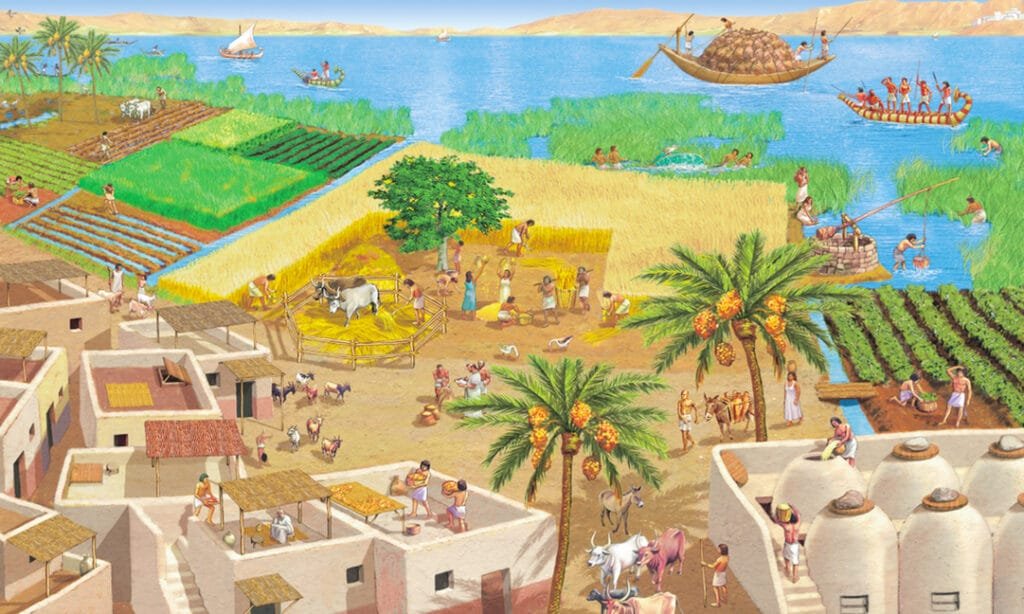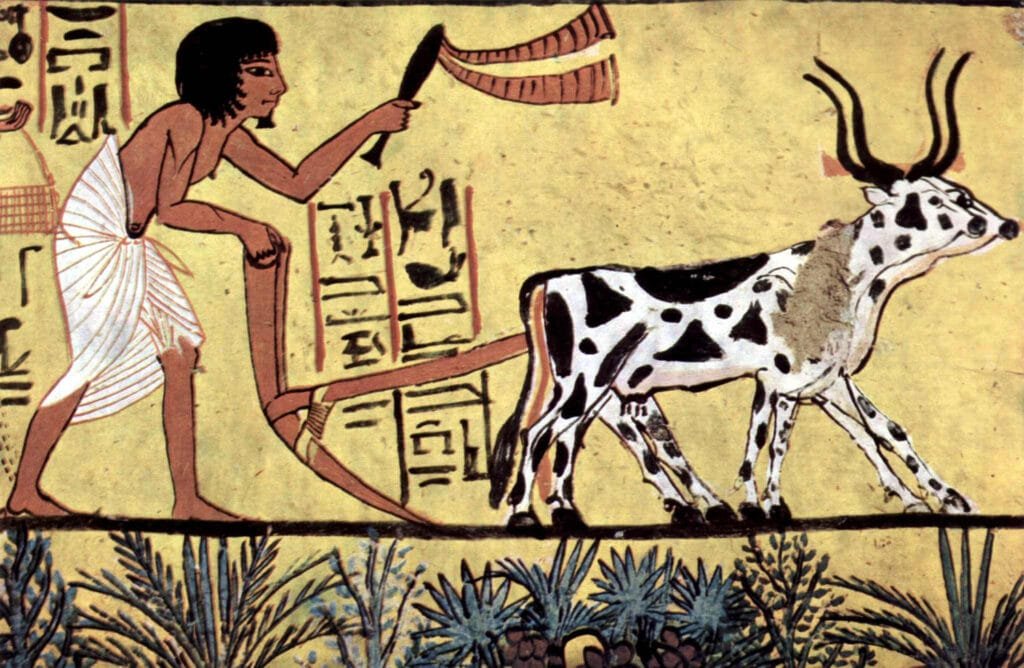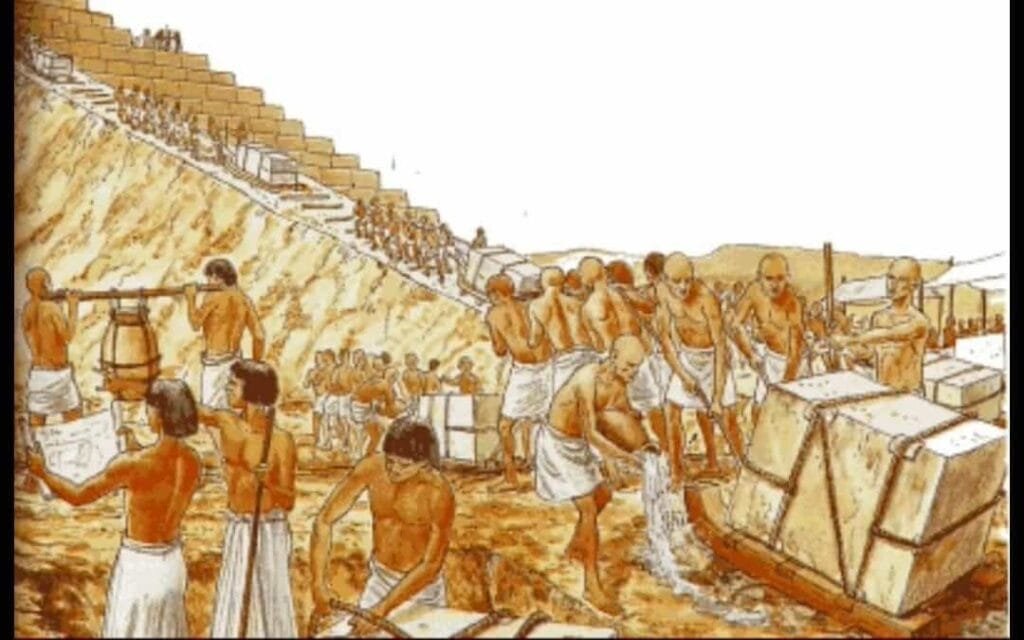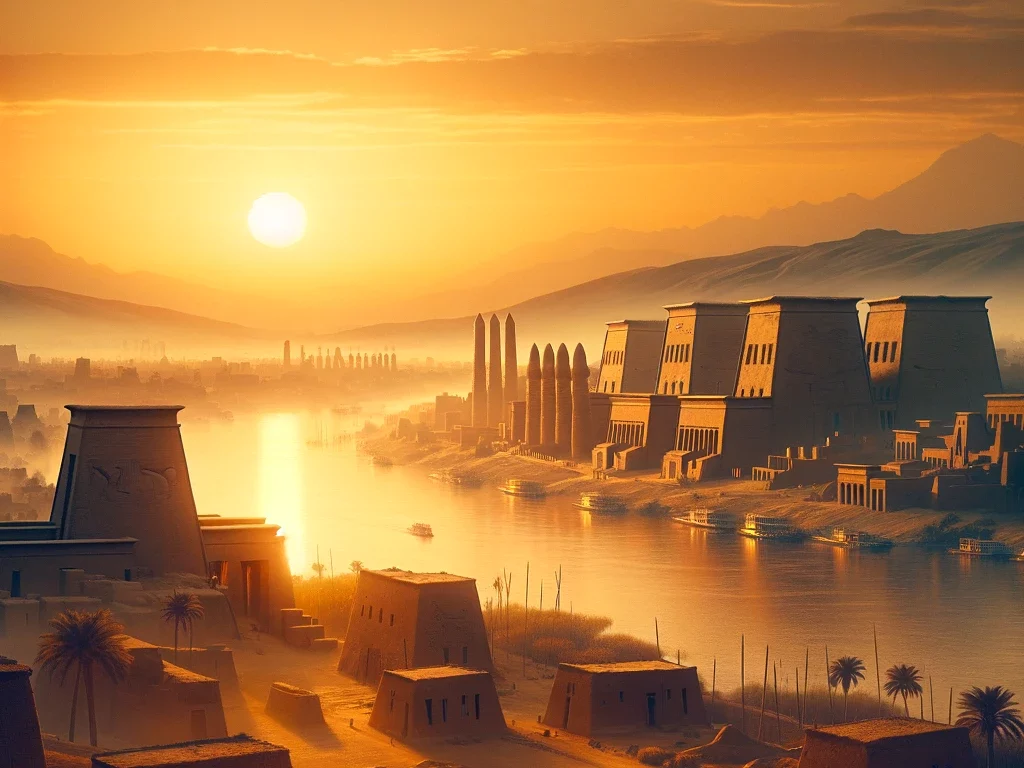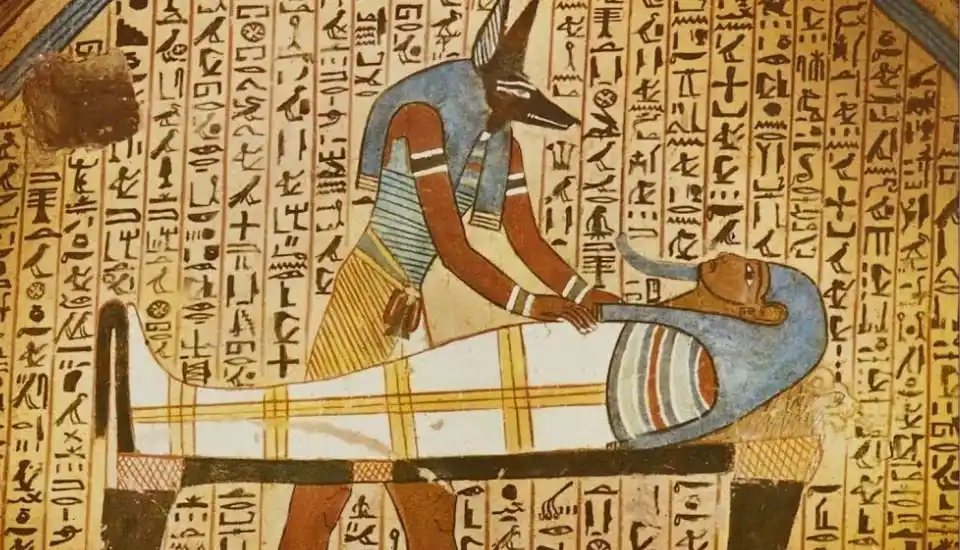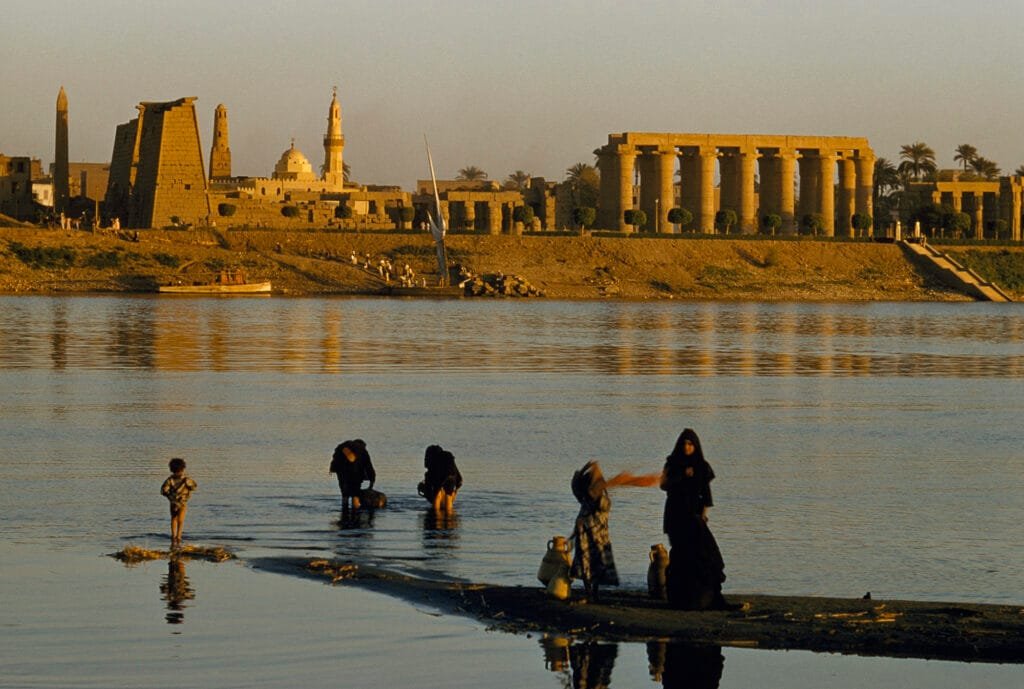Imagine waking up thousands of years ago in the heart of ancient Egypt—surrounded by the vast desert, the mighty Nile River, and the towering monuments that have stood the test of time. What would it have been like to live in one of the most fascinating and influential civilizations in history? From the moment the sun rises to the time it sets over the river, your day would be shaped by a unique blend of spirituality, labor, and natural rhythms.
The ancient Egyptians were deeply connected to the land, their work, and the gods they worshiped. Every task, whether it was farming, crafting, or even eating, was intertwined with religious practices. Their survival and prosperity depended on the fertile banks of the Nile, and their daily lives reflected a profound respect for both the environment and the divine forces they believed controlled it.
In this blog, we’ll take you on a journey through a day in the life of an ancient Egyptian. We’ll explore the morning rituals that started each day, the work and social interactions that filled the afternoon, and the spiritual beliefs that permeated every aspect of daily life. Along the way, we’ll dive into the sacred role of the Nile River, the backbone of Egypt’s economy and culture, and how spiritual practices were integrated into every action.


